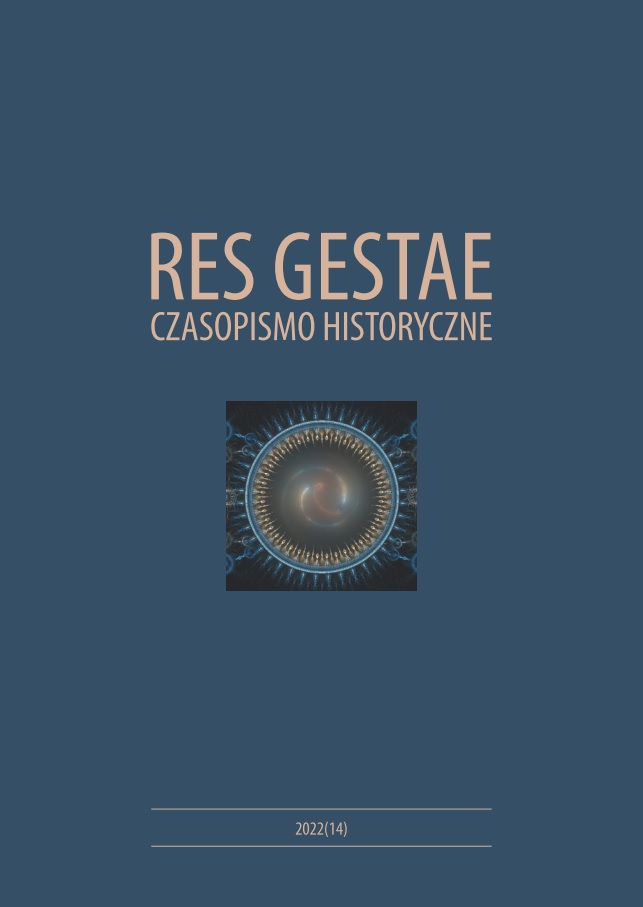Sources for studying the position of widows in noble families and society in the Polish-Lithuanian Commonwealth. An outline of the problem and research questions.
Sources for studying the position of widows in noble families and
society in the Polish-Lithuanian Commonwealth. An outline of the problem and research
questions
Author(s): Urszula Kicińska Subject(s): History, Gender history
Published by: Wydawnictwo Uniwersytetu Komisji Edukacji Narodowej w Krakowie
Keywords: widow;ego-document;prenuptial agreement;life agreement;will;correspondence
Summary/Abstract: In the Polish-Lithuanian Commonwealth, women played a signifi cant role in both family and social life. An important position was occupied by widows, who – protected by privileges and adequate financial security – had a great impact on the creation of contemporary reality. According to law, in their childhood and early youth, young women were dependent on their fathers or guardians. Once wives, they had to consider opinions of their husbands, who could constrain them in making independent decisions. Only widowhood gave women the opportunity to change their legal and financial status and allowed them to decide about their own fate, manage their family’s policy, undertake economic initiatives, as well as to participate in public, cultural and social life, also by fulfilling the role of a patroness. The position of widows in the family and noble society in the Polish-Lithuanian Commonwealth can be studied based on a variety of sources. Ego-documents should be considered an exceptionally valuable kind of material where the authors could express their thoughts freely, write frankly about their problems, feelings, troubles and joys of everyday life, and present to the world their experiences and perceptions of reality.
Journal: Res Gestae. Czasopismo historyczne.
- Issue Year: 2021
- Issue No: 13
- Page Range: 42-55
- Page Count: 14
- Language: English

